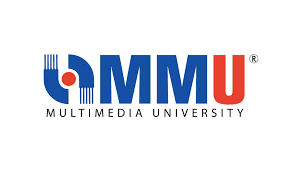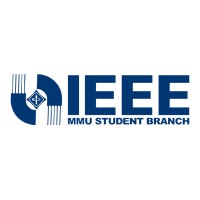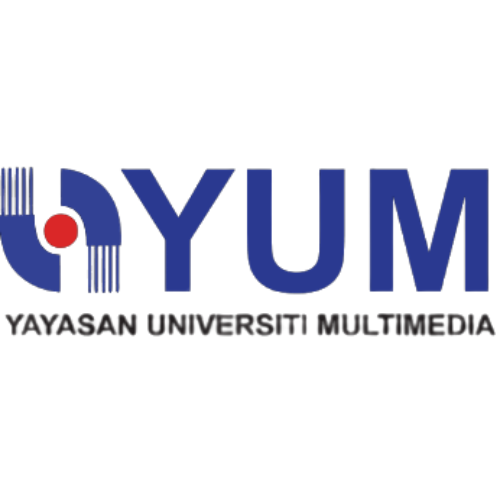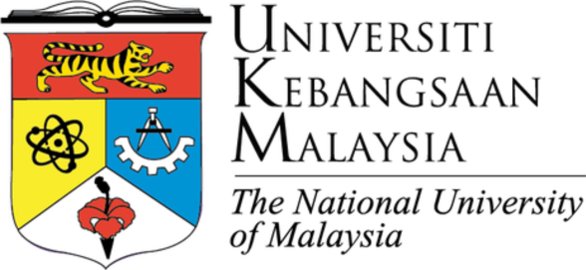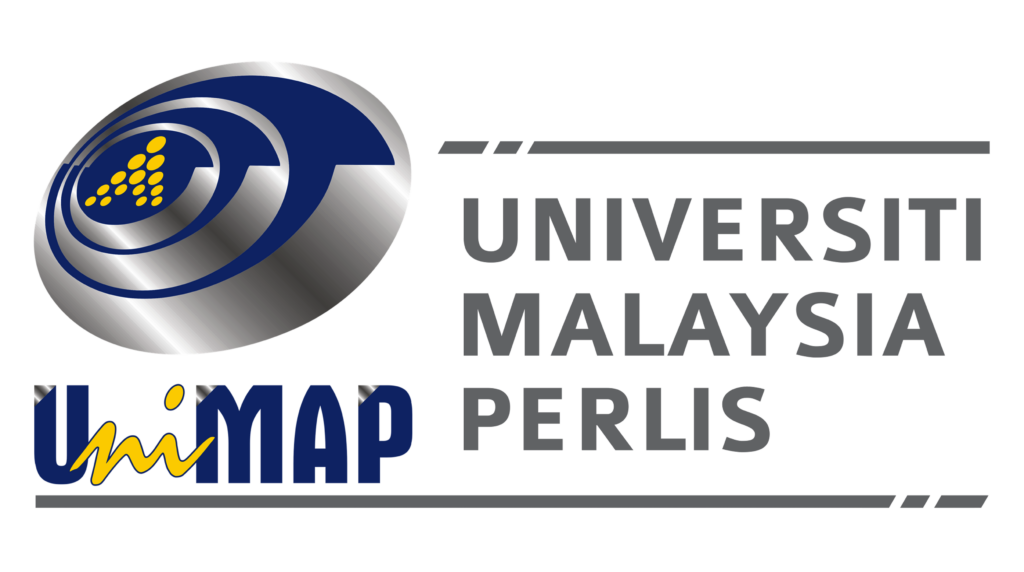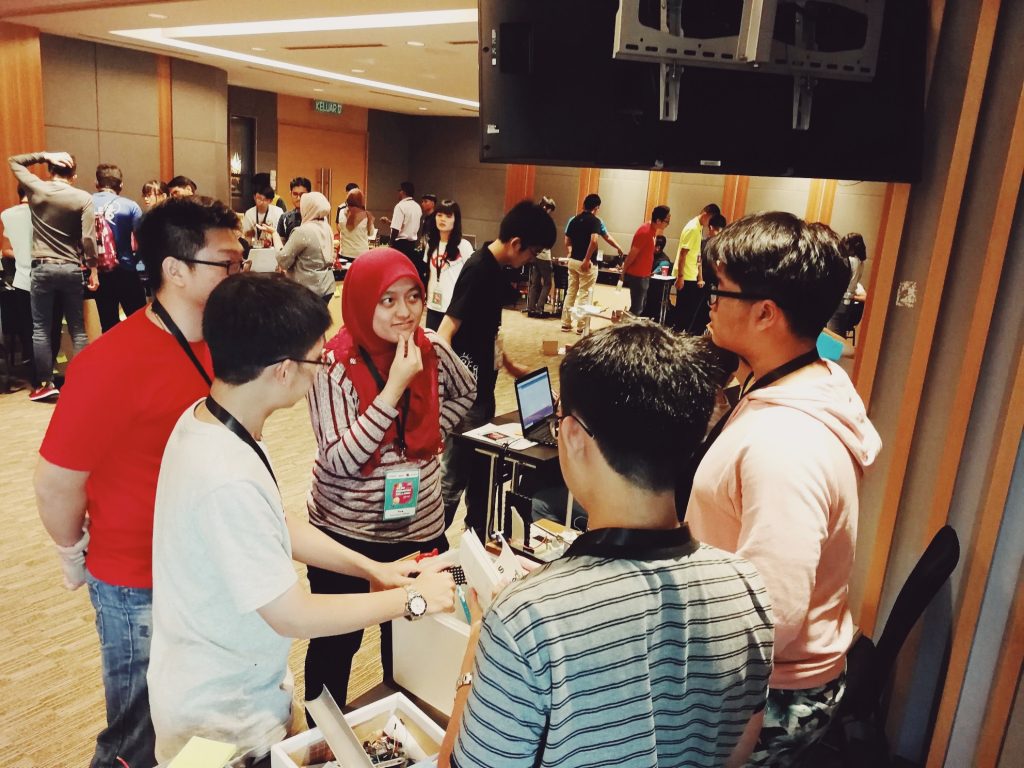
FREQUENTLY ASKED QUESTIONS
PROGRAM PHILOSOPHY
To develop students’ life skills by inspiring them to create with technology.
When students just consume technology, they are unable to nurture their intrinsic creativity. By empowering students to become creators, we nurture their innate passion to learn. This natural way of learning allows students to develop a deep understanding of concepts and foster life skills.
Artificial Intelligence, Internet of Things, 3D printing, and other upcoming technologies will play a role in every aspects of our children’s lives. Technology will therefore be the core knowledge, regardless of their choice of career.
While technology is an important aspect of this competition, we also believe that students would benefit in creating a project that allows them to exercises skills such as creativity, communication, collaboration and critical thinking to not only make them users of technology but creators. They are able to do this by applying their project to a real-life problem which they will try to solve.
PROGRAM OVERVIEW
The Young Innovators Challenge is open to all students that are 17 years old and below from national, private, and international secondary schools across Malaysia. Refer to our Competition Criteria for more details.
PROGRAM PARTICIPATION
Firstly, you will need to register for the competition here. Then, attend and present your project at your state’s Maker Fair. After, selected finalists will be able to proceed to the next stage, which is the Sime Darby Young Innovators Challenge National Championship.
Form a team of 2-3 members and register here.
The registration deadline is 30 June 2025. If you still want to participate, contact your state’s secretariat here to check your eligibility to compete in this year’s Maker Fair.
There are no limits to number of participating teams per school. However, each team must not exceed three members.
No, only team participation is allowed.
Yes. Team members can come from different schools, provided they are from the same state.
Digital badges provide Chumbaka an effective way to recognise learning because the focus is on evidence-backed competency achievement. Digital badges are widely adopted across many sectors (over 3,000 organisations across the world). They provide a way to validate individuals based on skills and achievements. Because digital badges are based on an open specification, you can receive and share other digital badges across different providers.
More details about digital badges can be found from this link.
If you have already registered, you’ll received a confirmation email from us. Do make sure to check your spam inbox. If you are still unsure, you can check your registration status here!
PROJECT DETAILS
No funding will be provided for projects.
English is used for presentation, course delivery, and learning material.
Open source denotes a software or a hardware for which the original source code and design are made freely available and may be redistributed and modified. Embedded system is a computer dedicated to performing a dedicated task. An example of an open-source embedded system is Arduino. You can find out more about Arduino here!
You can purchase directly from Chumbaka by contacting your state Secretariat for Arduino Sets with Learning Manuals and a comprehensive set of components (read brochure here).
If you would like to only purchase components for your project, you can source them from local electronic shops or online through Cytron at www.cytron.io. Remember to register for a student account to get free nationwide delivery!
Apply the discount code YMAKE25 when checking out at Cytron for a 10% discount.
You can purchase more components from our partner’s online store at my.cytron.io. Remember to apply the discount code ‘YMAKE25’ for a 10% discount!
No, this program promotes open-source hardware and software such as Arduino and Raspberry Pi.
Some examples of student projects include automated egg hatchery, smart cushion for bed sores, crocodile detector, smart stick for the blind, and many other innovative solutions to address real-life challenges. You can check out their projects here as well as on our Facebook pages, Chumbaka and Young Innovators Challenge.
All ideas and solutions delivered during the Young Innovators Challenge belong to the organiser and its partners. If the solution is chosen for commercialization, due consideration will be given to reward and recognise the originator of the idea.
COMPETITION JUDGING
Firstly, you will need to make sure that you understand this year’s Competition Challenge and Competition Criteria. Then, you will craft your project based on the guidelines for this year’s competition. As this year’s theme is ‘AI For Social Good’ – do make sure that your project sufficiently addresses this year’s theme as well.
You can also check out the projects of previous participants here for some inspiration!
Your prototype must be functional and not merely a mock-up. It must be a solution to address a real-life problem of the person you chose. You may use a simpler component to demonstrate a concept, for example using a tilt switch to simulate an accelerator, but it must be functional.
TECHNICAL (30%)
- How innovative is the project?
- How well can the solution perform its task?
- Is the solution practical for deployment in the real-world environment?
- How well do they understand the coding?
PROBLEM SOLVING (40%)
- How well do they understand the problem?
- How accurate and consistent is the solution to solve the problem?
- How impactful is the solution?
ASPIRATION (30%)
- How well do they make you understand their solution?
- What have they learned?
- Does the project adhere to laws, regulations, standards, and guidelines?
- How inspiring and feasible is their and their teacher’s initiative to drive STEM learning within the classroom, school, or community?
The state-level competition will be held in an exhibition format and open to the public. The evaluation process will be performed during booth visits by the judging committee. The judging committee includes academicians, industry experts, and relevant government agencies.
For questions regarding your state’s Maker Fair, kindly contact your relevant state secretariat for more details here. For questions on the Young Innovators Challenge National Championship or any other enquiries, kindly contact us at enquiry@chumbaka.asia.
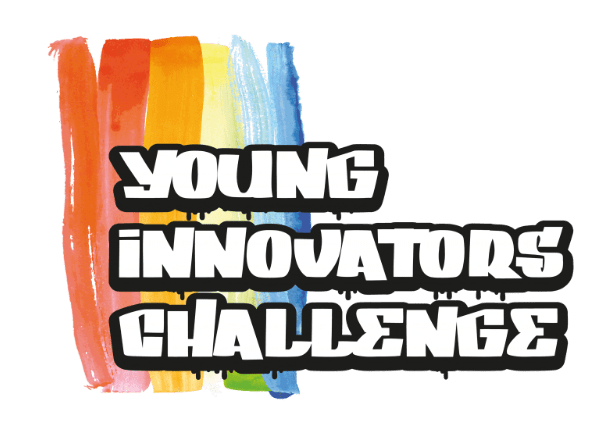

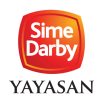



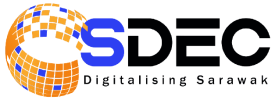

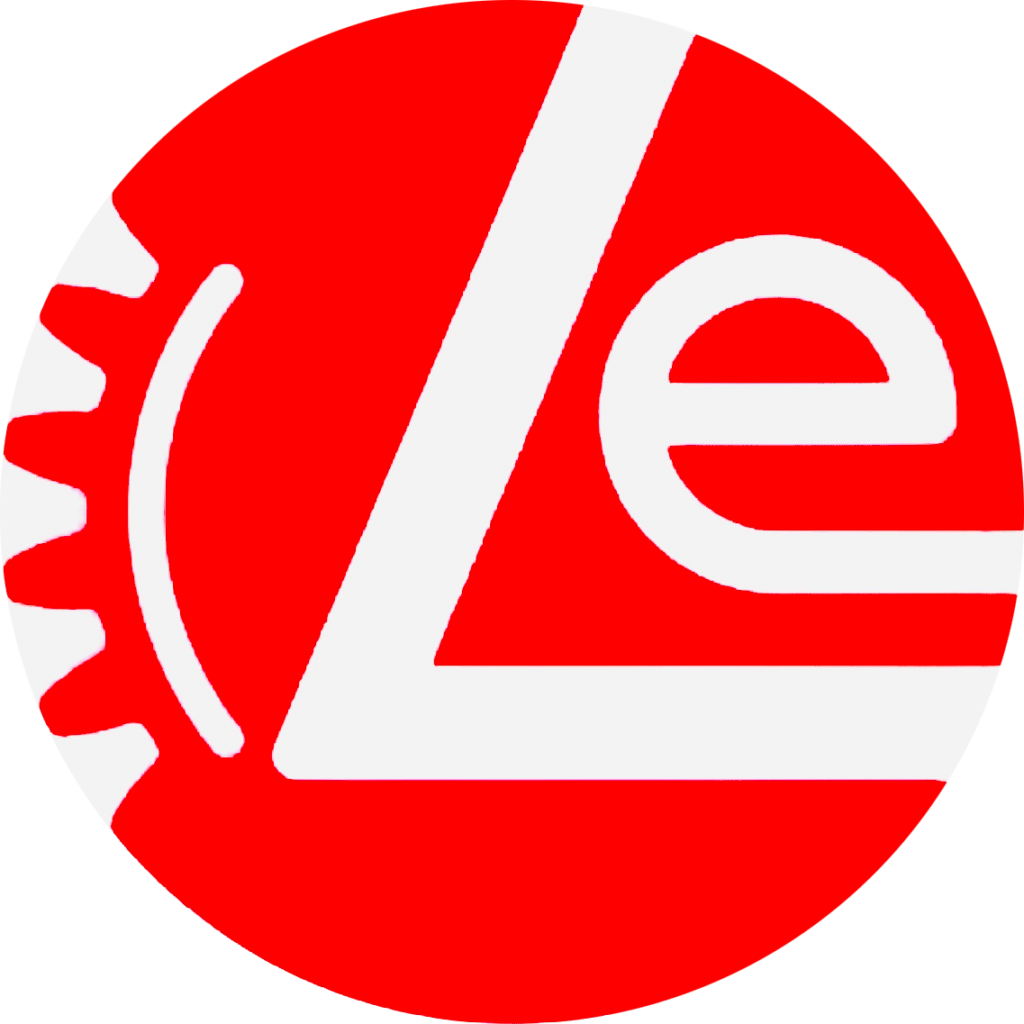


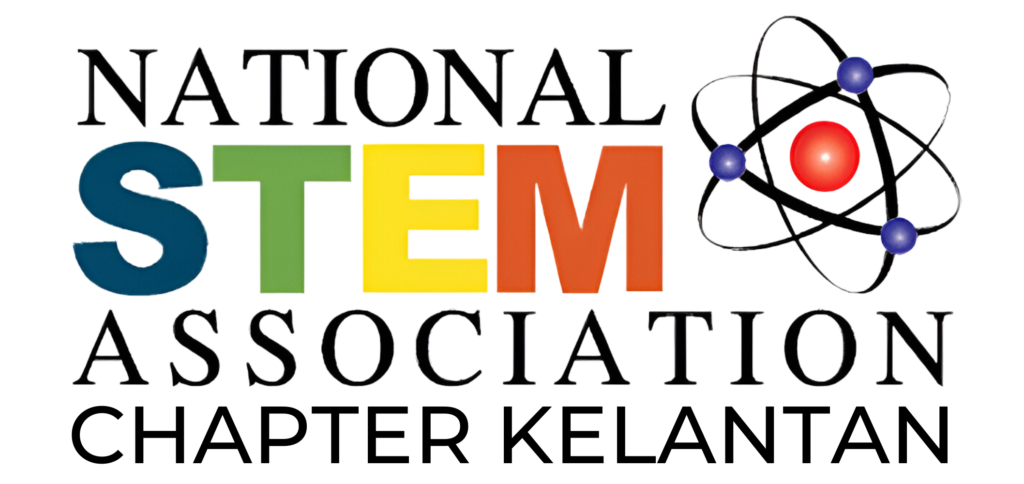


![[USIM] Logo 1 [USIM] Logo 1](https://younginnovators.my/wp-content/uploads/elementor/thumbs/USIM-Logo-1-qbjyvggzm6rr9he6l33flsye6baxj6y84f85daz7r4.png)



